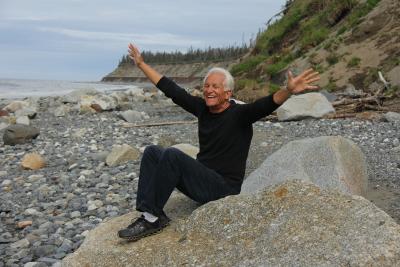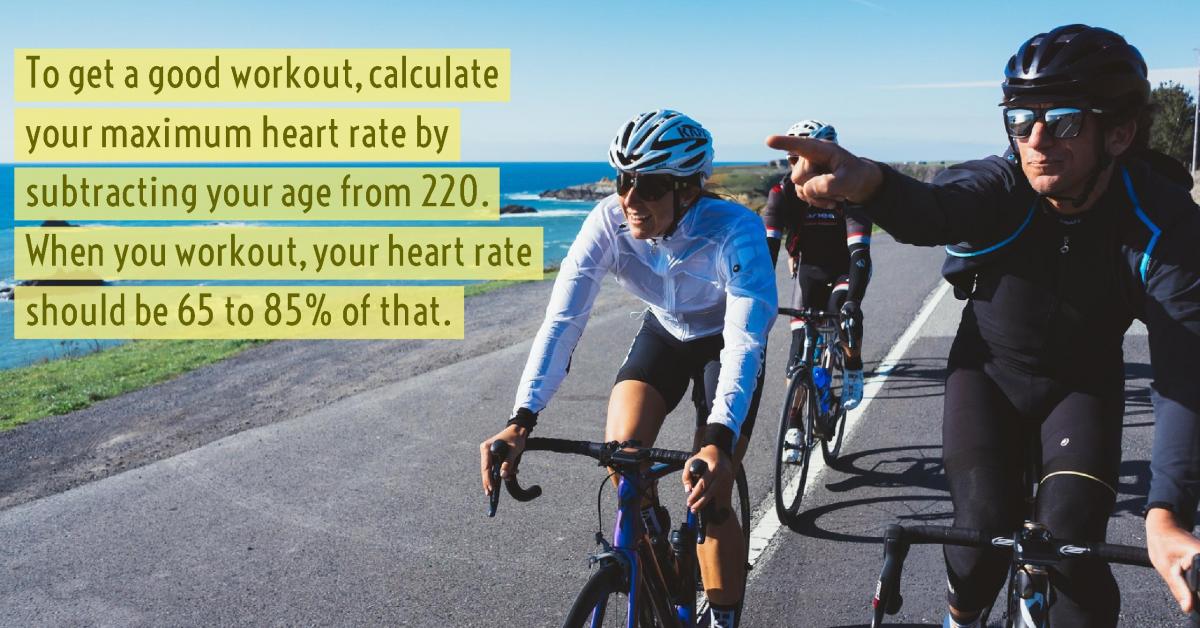
As we get older, staying healthy becomes more difficult and more important. A healthy lifestyle reduces a person’s likelihood of illnesses and allows older adults to maintain their general wellbeing and happiness.
We talked to Dr. Mary Hurd, a practicing SIMED Primary Care physician, who provided tips on healthy aging for National Healthy Aging Month (September).
Generally, aging is influenced by a person’s genetic makeup, lifestyle choices and environment. When a person ages, it affects every part of the person’s lifestyle. As you get older, the way you look at life and the way you act affect how you mature. For example, if you’re sedentary, it’s going to have an impact on your wellbeing later in life.
Most of the information looking at how people age suggests that healthier people are engaged in physical activity, engaged in mental activity and engaged socially. The opposite is also true. People who don’t use their body or mind and don’t stay connected with others in their environment fare worst.
Staying Physically Active
Physical activity is important to staying in shape. As we get older, we get more sedentary. It’s important to get up and move. Staying active can mean riding a bike, taking yoga classes or doing Tai Chi. Dr. Hurd recommends a program called Go4Life that encourages older people to get active and offers exercises and other ways to stay in shape.

1. Aerobics
For your heart and lungs, it’s important to do aerobic exercise at least 30 minutes a day five days a week. Optimally you should be exercising every day. For aerobic exercises, you want to get your heart rate up to a certain level depending on your age. To calculate the maximum heart rate for your age, you should subtract your age from 220. The heart rate you should reach when exercising is about 65 to 85 percent of that.
You can use a Fitbit or check your heart rate by pressing two fingers to your wrist and counting off. Some exercise machines even calculate your heart rate for you and can tell you when you’re at an optimal heart rate. Aerobic exercises get your heart rate up and include walking, biking and swimming.
2. Strength Training
For your strength and balance, Dr. Hurd encourages weight or resistance training at least three times a week. Weight training and resistance training strengthen the muscle mass. There’s no set amount of time for how long you should be doing weight training; it depends on how long it takes you to do different exercises.
Some people do circuit training where they work out each part of their body every time they go to the gym. Places like Gainesville Health and Fitness offer a circuit training program.
Other people work out a different part of their body or different parts of their body every time they go to the gym. For example, some days they might exercise the bottom part of their body, and other days they might exercise the top.
It doesn’t matter what exercises you do for resistance training as long as you are challenging your muscles. YouTube videos provide a schedule you can follow if you plan to exercise three days a week.
Keeping up to date with Immunizations and Screenings
For healthy aging, you want to keep up with immunizations and cancer screenings. This will help minimize the risk of disease. Follow up with your doctor at least annually if you’re healthy and periodically if you experience health issues. Make sure to stay on top of all health screenings to keep your body healthy.
Limiting Alcohol Intake and Maintaining a Healthy Diet
A British study found the best predictors of successful aging after adjustment for socioeconomic status are diet, exercise and not smoking. For women, alcohol intake is also important, and for men, work support is important.
Healthy diets are important and include limiting processed foods and eating more vegetables and lean protein. As people get older, they tend to not want to eat as much protein, but it’s important for a healthy diet. Protein doesn’t necessarily mean meat; you can get protein from nuts and soy.
As you age, you also most likely won’t need as many calories, but it’s important you’re getting the right amount of calories for your age and body type. Stay away from starchy foods like bread and potato. Starches are not the healthiest foods and can lead to decreased muscle mass. Try to eat more chicken and fish as a substitute.
Staying Socially Engaged and Mentally Active
While eating healthy and exercising are great ways to keep your body healthy, staying socially engaged and mentally active can also play an important part in slowing the onset of dementia.
1. Mental Activity
Mental activity includes almost anything cognitive. Examples include reading, working on puzzles, learning new things, and gathering new information as you get older.
2. Social Activity
Try not to be socially isolated. Get involved in group activities, whether it’s volunteering or going to church. Even taking a gym class with other people can make a difference. Continue to engage with the world and people around you.
If you have any questions about the article or healthy aging or would like to schedule an appointment with Dr. Hurd in Gainesville, call 352-332-7770 or request an appointment online.
To schedule an appointment with a SIMED Primary Care physician, call 352-224-2225 or request an appointment online.